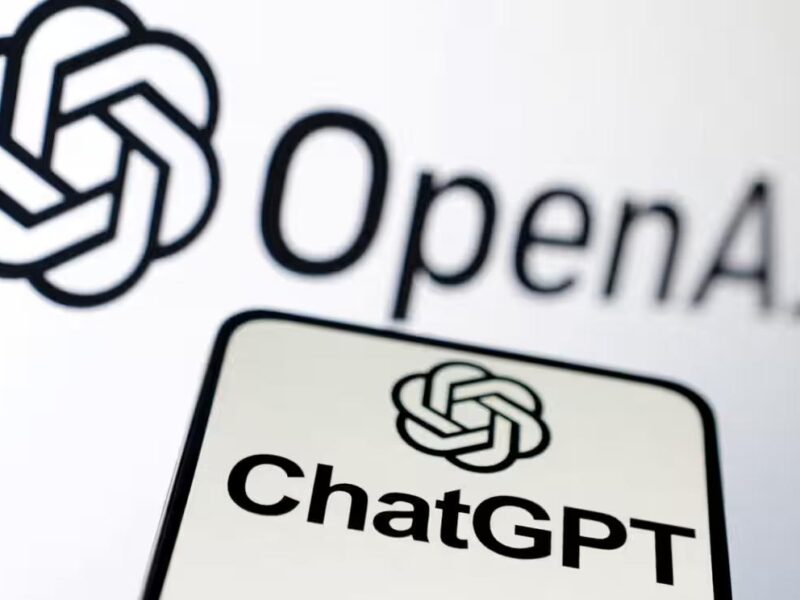The European Commission says it is investigating whether a multibillion-dollar investment is subject to merger scrutiny.
According to officials, Microsoft’s multibillion-dollar investment in ChatGPT creator OpenAI may face a merger inquiry in the European Union.
Microsoft is the largest minority investor in OpenAI Global LLC, a “capped profit” subsidiary business owned by OpenAI Inc, the organization’s non-profit majority owner. Its investment, which comes in the form of cloud computing credits as well as cash, legally gives it no power over the company, but it does have the potential for a 100-fold return on its investments.
On Tuesday, the European Commission stated that it was “examining whether Microsoft’s investment in OpenAI might be reviewable under EU merger regulation.”
The odd corporate structure of OpenAI was brought to light last year when its chief executive, Sam Altman, was fired and then reappointed in a bruising battle with the non-profit’s board. Despite having little legal power over the conclusion, Microsoft participated extensively in the issue, promising Altman and any other OpenAI employees jobs in its own organization.
OpenAI’s own description of Microsoft’s role has evolved after the conflict. Microsoft was represented as a “minority owner” on a chart on the company’s website describing its structure in November. That chart was subsequently surreptitiously altered to reflect “minority economic interest” rather than “minority economic interest.”
Prior to that update, the UK’s Competition and Markets Authority stated in December that it was gathering information on Microsoft and OpenAI’s specific relationship.
The EU’s probe into AI and virtual worlds will also entail “looking into some of the agreements that have been concluded between large digital market players and generative AI developers and providers” to investigate their impact on market dynamics.
Last month, Dragoș Tudorache, an MEP and the chair of the European Parliament’s artificial intelligence committee, told the Guardian that the EU must not repeat the mistakes of the 2000s, when emerging internet companies such as Facebook were permitted to dictate the terms of their service.
Without content regulation or effective acquisition and merger control, they were able to dominate the market by acquiring companies and competing with traditional media without paying for content, damaging rivals’ business models.











